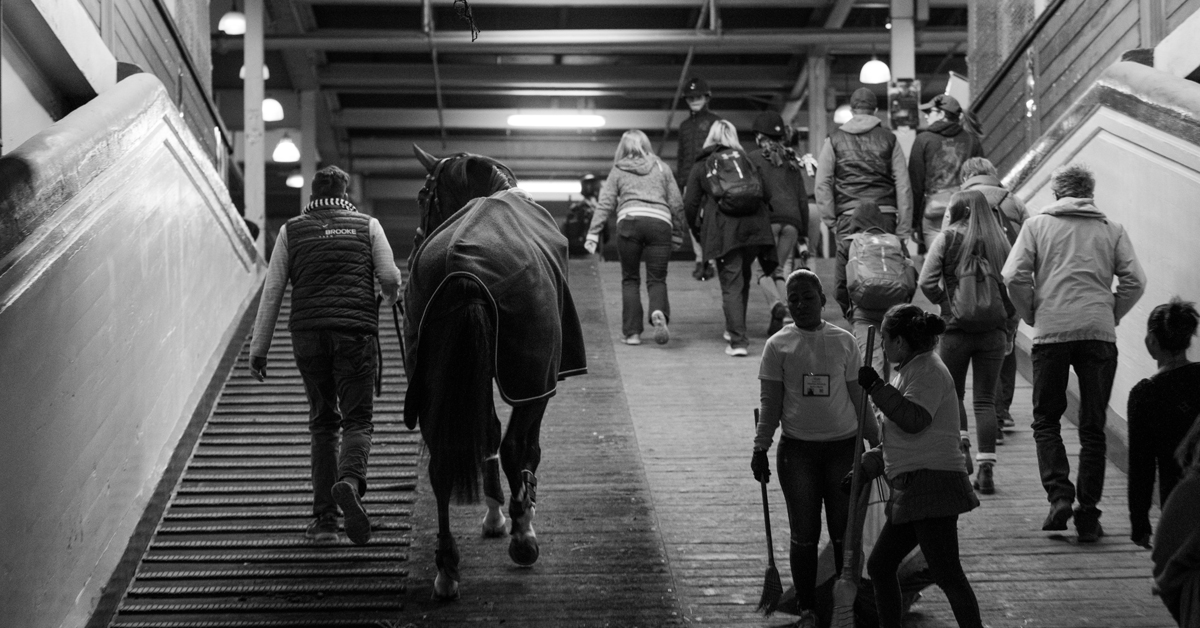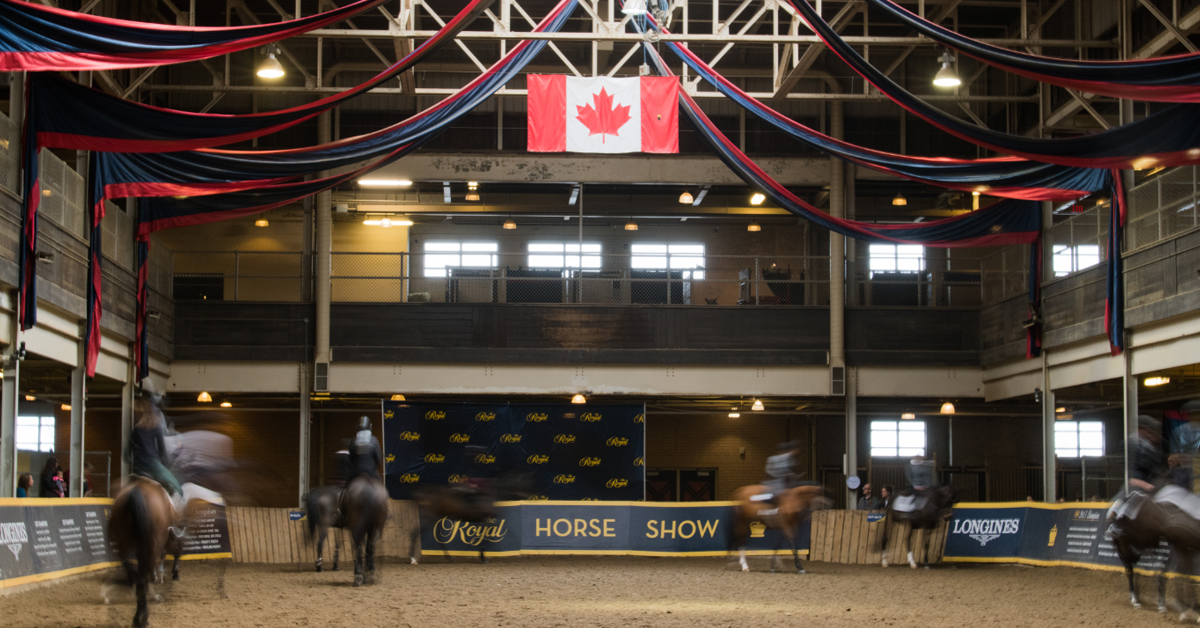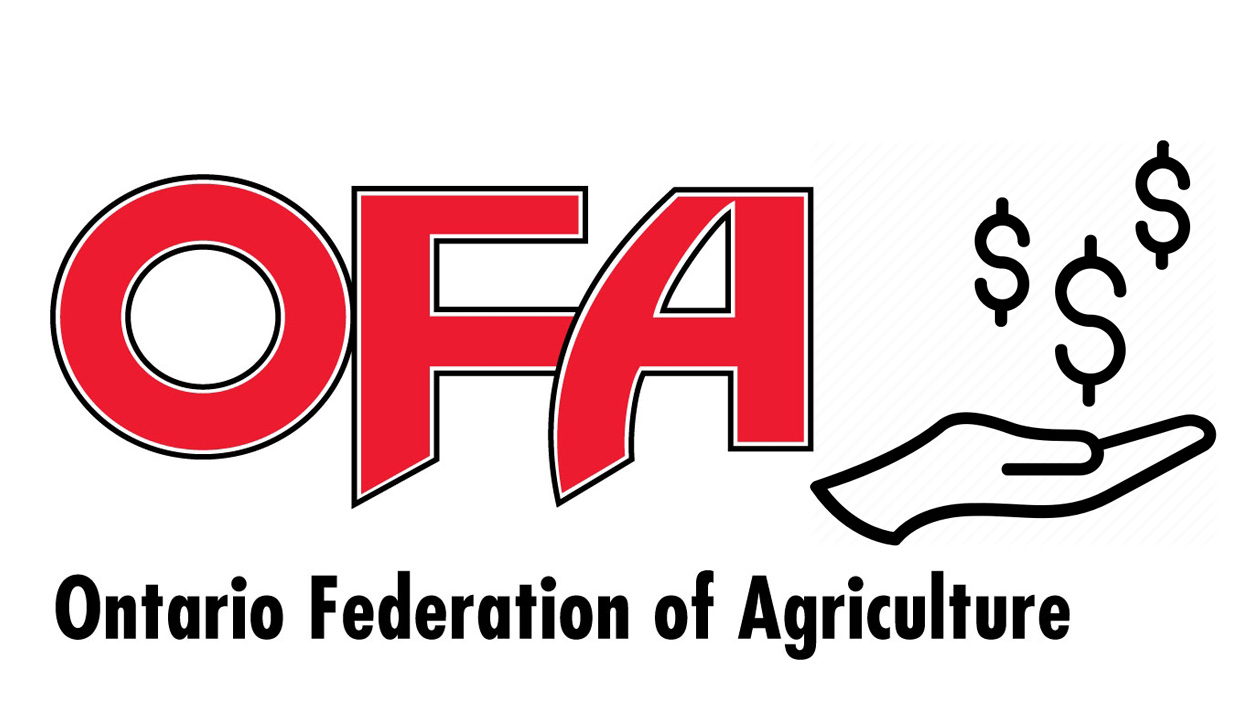Five endurance horses loaned to foreign nationals for rides in the UAE this winter have failed dope tests, with half the 2017-2018 desert season still to go.
According to listings recently updated by the FEI, there have been more three more positive findings since the two both involving Argentine visitor Daiana Chopita in December.
Uruguay’s Jonatan Rivera Iriarte, 34, is now provisionally suspended pending a FEI disciplinary hearing, after the borrowed HV Chairu tested positive to the banned substance Diisopropylamine and the controlled/specified substance Hydroxyxylazine, a sedative, when placing third in the Al Reef Cup on January 13th. Rivera Iriarte is a hugely experienced competitor who represented Uruguay at the 2016 world championships, where he finished in the leading group but was vetted out, and the 2017 Pan Am Games. He was having only his second FEI ride on the 11-year-old HV Chairu, trained by Al Reef Stables. Diisopropylamine is a Vasodilator used in the treatment of peripheral and cerebral vascular disorders.
US rider Azul Caronia, 21, paid the “fast-track” administrative sanctions fine of 1500 Swiss francs and accepted disqualification after her ride, Argentine-owned HCE Burbello SU, tested positive to the synthetic corticosteroid Triamcinolone Acetonide at the Sheikh Mohammed al Maktoum Cup CEI3* 160km on January 6th. This was only Caronia’s second FEI start in Dubai, and her first-ever international start on the nine-year-old who was exported to the UAE a few weeks earlier.
Julia Jackle, 30, a German national who has lived in the UAE for the past five years, also accepted the administrative sanctions fine, which can be applied for first offences involving a single controlled substance. Riding for Al Shindagha Endurance, Jackle’s mount Azra al Shammar tested positive to Methylsulfonylmethane (MSM), a substance popularly associated with joint mobility, in the CEI2* 120 at Boudhieb in Abu Dhabi on November 24th. This was her first FEI appearance on this horse.
Two horses loaned to Daiana Chopita for rides during December also turned out to be doped. JC Cahuel and HLP Gadafi both tested positive to banned diuretic Trometamol after both placing third under Chopita, who is also suspended pending a Tribunal hearing.
Partnering with an unknown horse is the norm in the UAE, and each winter many foreign nationals take the risk because of the huge prize-money, cars, free flights and completion money on offer to visiting riders. Last weekend’s 160km President’s Cup at Al Wathba (February 10th) advertised a staggering minimum of $525,700 (400,000 Swiss francs) in prize money, with more added as necessary so as to give a staggering $34,457 to each rider who completed. There were 120 completions out of 270 starters. The entry fee for the ride was just $103 (300 UAE dirhams).
The FEI Tribunal has been warning against riding borrowed horses since at least 2005, and in 2008 wrote: “To have a fair and equitable system of dealing with positive doping or medication cases, riders of borrowed horses…should not stand to benefit the lack of clarity and certainty sometimes evidenced in these situations in which a horse is given to the custody of a competitor in close proximity to the event.
“If the rider is not absolutely and positively convinced that a horse does not have prohibited substances in its system, the rider should not agree to ride the horse at that event.”
In another strange quirk of FEI process, the 2018 President’s Cup was won by 8 Minute , even though his main rider Khalifa Ali Khalfan Al Jahouri, 18, and trainer Ali Khalfan Al Jahouri are currently suspended in connection with 8 Minute’s triple steroids positive last fall. It is established practice for horses to be suspended from competition for just two months after a positive test. On Saturday, 8 Minute was ridden to victory by Rashed Humaid al Junaibi.
More from Horse Sport:




